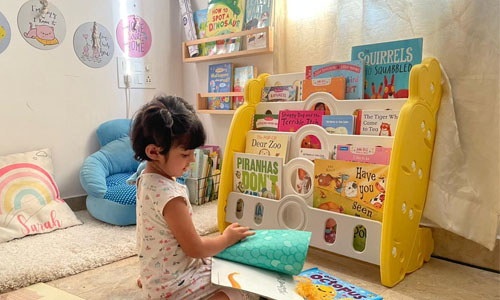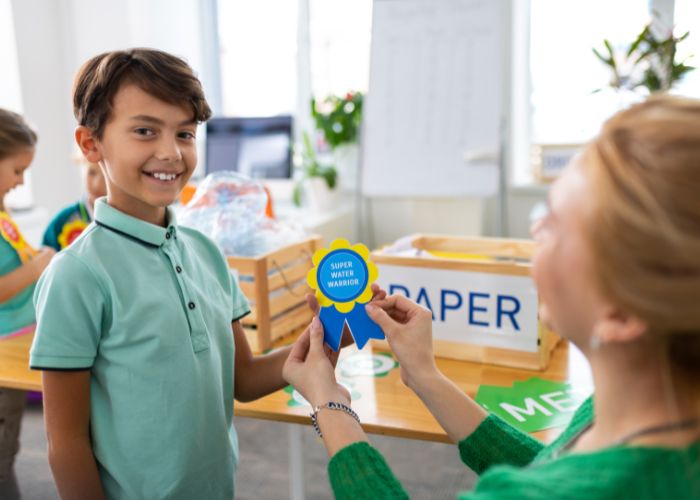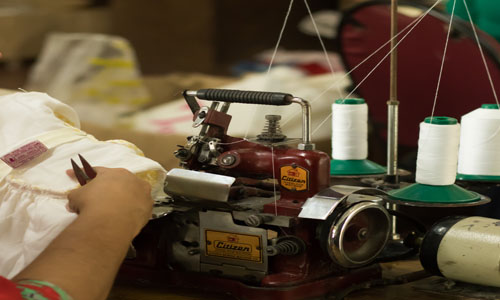

Playtime is often viewed as a casual and unimportant activity for children to pass time. But what many people fail to realize is that play is an important part of a child's development. At Miniture, we believe that play is not just fun and games; It is a gateway to learning, exploration and development.


Do you think play is important for a child and can help a child in picking up certain skills?
1. Play is Learning in Disguise
Play is a natural way for a child to explore the world around them. When they participate in sport, they are actively developing important skills such as problem solving, creativity and critical thinking. Whether it’s building blocks, pretending to be a superhero or exploring nature, children always learn through play.
2. A Wide Range of Skills
Different types of play foster the development of various skills:
● Physical Play: Running, jumping, climbing and playing helps children develop terrific physical fitness, coordination and strength.
● Imaginative Play: Pretend play encourages creativity, social skills, and the ability to understand different perspectives.
● Puzzle and Board Games: These encourage strategic thinking, planning and perseverance.
● Outdoor Play: Exploring nature increases a child’s understanding of the environment and creates a connection with the natural world.
3. Emotional Intelligence
Play also plays an important role in emotional development. Children learn to express their emotions, empathize with others and cope with emotions when they engage in cooperative play or resolve conflicts during pretend play.
4. Building Meaningful Play Spaces
Creating a meaningful play space for your child is essential and our products at Miniture are designed to help you create such play spaces for you child. Here are some tips to consider:
● Safety First: Make sure the play area is safe and hazard-free.
● Diverse Toys: Provide a variety of toys and accessories that encourage play, from art supplies to construction supplies and puzzles.
● Unstructured Time: Allow for unstructured play time, where children can choose their own activities. This gives them autonomy and decision-making skills.
● Parental Involvement: Get involved in your child’s sports from time to time. Not only does it strengthen your relationships, but it also gives you the opportunity to teach and learn.
● Limit Screen Time: With technology in place, it’s important to limit screen time and encourage physical and mental play.



5. Play Is Serious Business
In conclusion, playtime is not a casual or unimportant activity. It is an important part of a child’s development, helping them develop skills that will serve them throughout their lives. By understanding the importance of play, parents and caregivers can create an environment where children are encouraged to explore, learn, and grow. So, the next time you see your child participating in sports, remember that they’re not just having fun – they’re preparing for an exciting future.

Kids Brand Awareness : The Impact of Mom Influencers on Kids Brand Awareness
B&B Mag
9 months Ago | 3460 views
Responsibilities : Promoting Responsible Consumerism: The Essential Role of Kids Brands
B&B Mag
9 months Ago | 4095 views
Animated Characters : The Power of Animated Characters in Kids Brands Marketing
B&B Mag
9 months Ago | 3510 views
Kirti Agarwal Pret N Couture : Creating fun and fabulous style for the next generation
B&B Mag
10 months Ago | 32086 views
Tara Baby Shop: Embroidering Unique Memories for Babies Since 1980
B&B Mag
1 year Ago | 4991 views
Anjali Kwatra : Fashionably Strutting with Designs by Anjali Kwatra
B&B Mag
2 years Ago | 19107 views